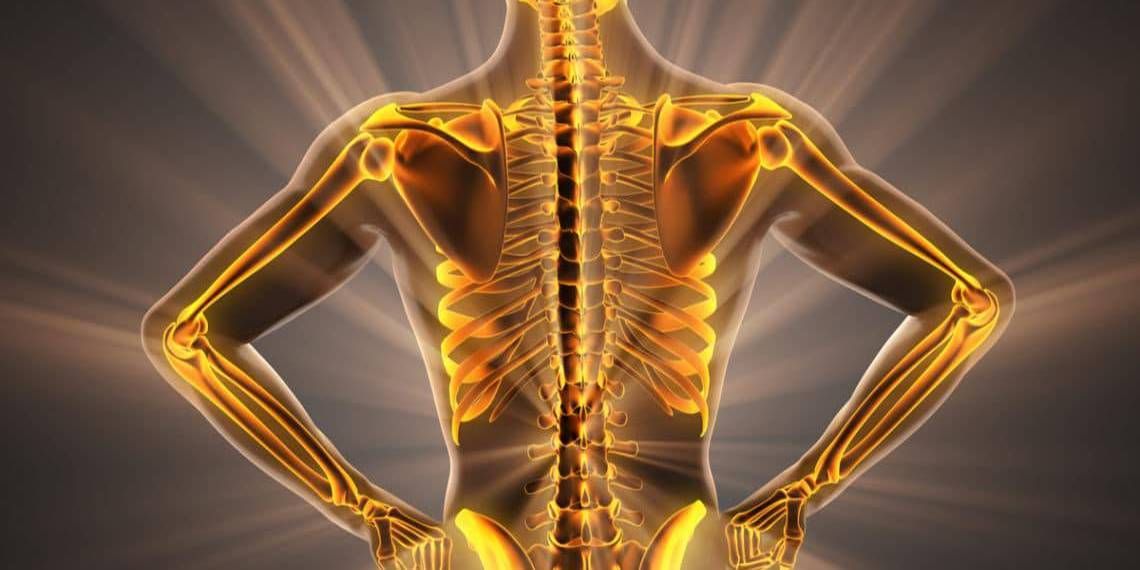Chills
This is when you shiver because your body temperature changes. Chills aren’t typical signs of a cold -- they’re an early sign of infection and high fever. They're more common with flu or pneumonia.
Fever
This is a sign that your body is trying to fight an illness or infection, but it's rarely caused by a cold. Flu, bronchitis, and pneumonia are more common causes of fevers.
Body Aches
You may have some slight body aches with a cold, but stronger ones are usually a sign that you have the flu. This is because short-term achy muscles often happen along with a fever.
Wheezing
This is when your breathing sounds like a whistle. If you wheeze, it’s a sign of a more serious infection like pneumonia or bronchitis, especially if it happens when you lie down. Wheezing also can be a sign of anaphylaxis, a severe allergic reaction to something you ate or an insect bite.
Cough With Mucus
You may have a mild, pesky cough from a cold, but if you cough up mucus -- slimy stuff from deep down in your chest -- it’s usually a sign of bronchitis or pneumonia, especially if there's any blood in it.
Fatigue
Feeling like you have no energy or appetite is a typical symptom of the flu -- it’s less often caused by a cold. It can also be a sign of pneumonia or a sinus infection, which is common but more serious than a cold.
Sore Throat
A mild one is a typical symptom of a cold and sometimes the flu. It should clear up once your cold or flu does. But a very painful sore throat that comes on quickly can be a sign of strep throat. That’s a bacterial infection that should be treated with antibiotics.
Headache
Many things can cause this, but a cold isn't usually one of them. It's a common flu symptom and can be a sign of a sinus infection. But painful sinuses, the spaces above and around your nose, can also be caused by hay fever, or rhinitis.
Chest Tightness or Pain
This is a telltale symptom of a more serious respiratory infection, like bronchitis. That can also make your chest feel tight, and you may have a hard time taking a deep breath. Sharp chest pain that feels worse when you cough can be a sign of pneumonia, and chest tightness is also a common symptom of asthma.
Shortness of Breath
Colds can cause a very stuffy nose, which make breathing a little harder, but real shortness of breath is a sign of something more serious. It's a common symptom of asthma or a flare-up of COPD, and it also can be from a serious infection, like bronchitis or pneumonia.
Ear, Face, or Eye Pressure
If you feel pressure in your ears, it may mean you have a sinus infection. That also causes pain and pressure around your eyes, cheeks, or forehead that gets worse when you bend over. And if you feel fullness in one ear, it may be a symptom of an ear infection.
Symptoms That Don't Go Away
Flu symptoms may be bad, but they usually get better within a few days. A cold can last up to 10 days. But pneumonia symptoms can stick around up to a month or longer. And bronchitis can last several months in some cases.
Source: www.webmd.com
Doctors recommend: Get hydrated. Eat more fruit and vegetables. Take vitamins. Santegra® products Ultivit™, ShieldsUp™ TR, Vision Forte, CardioPhyt™ are rich sources of vitamins. FluGone™ and Gemalon™ 500 provide support for the immune system.








